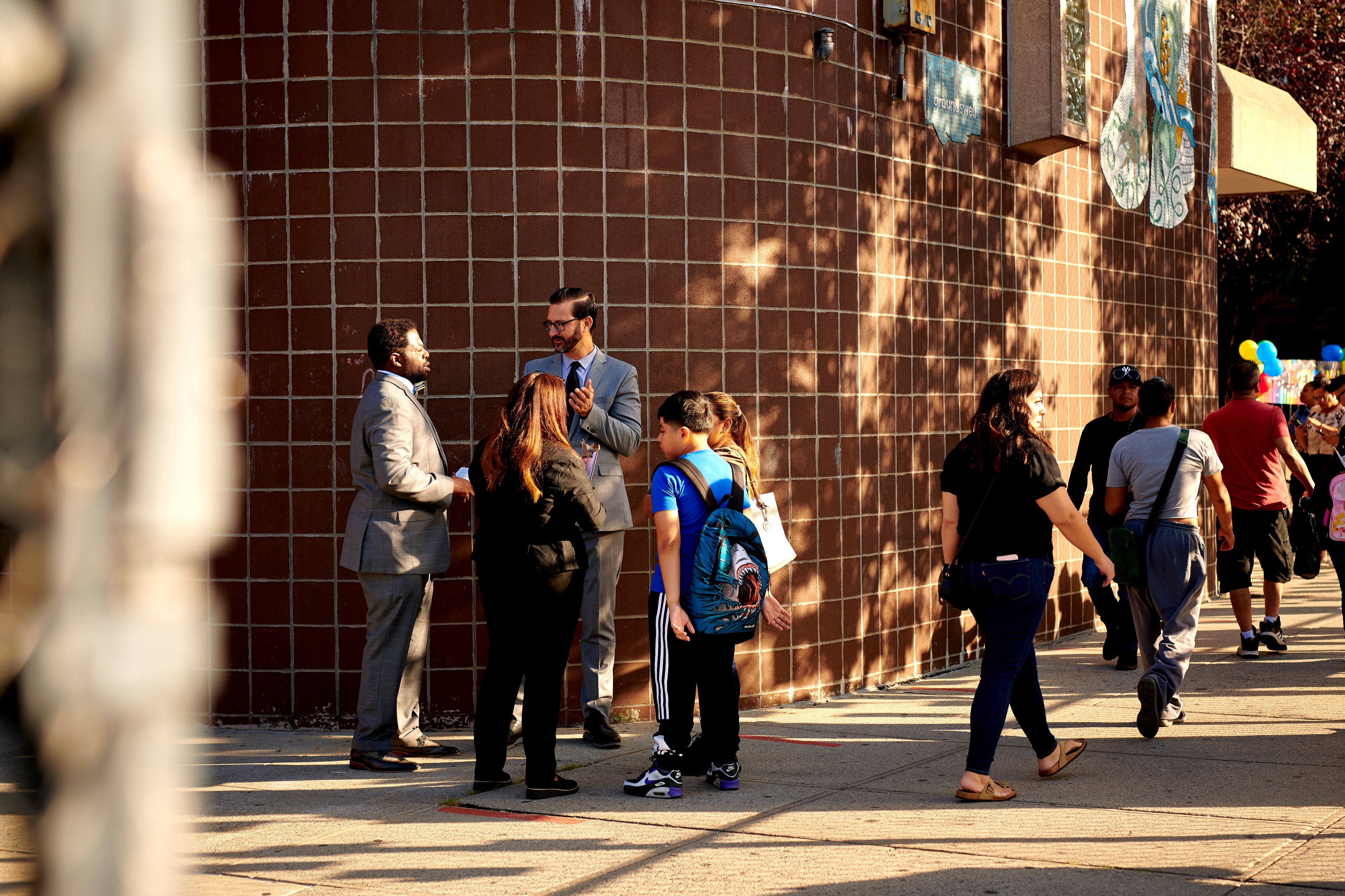To say it’s been a long three years feels like an understatement. Much has changed for many New Yorkers since the COVID pandemic started, particularly when it comes to their relationship to school and education.
Where does that leave parents, students, and educators? What kind of support do families and schools need?
It’s still a trying time for many New York City schools.
The nation’s largest school system continues to lose students, resulting in budget cuts. But in many cases, having fewer teachers meant they had to do more with less, often with class sizes ballooning. Compared to the year before, elementary and middle school classes increased this year, according to city data. And the privately run but publicly funded prekindergarten centers that are the backbone of the city’s free pre-K program for 3- and 4-year-olds has been rife with funding and other problems.
Meanwhile students are still healing from prolonged isolation, but are once again going on field trips and are back in their classrooms — except when they don’t show up, as chronic absenteeism rates remain high, and educators have seen an increasing number of students who feel like school is optional, in a way.
Some children are trying to self-medicate with marijuana, experts have said, and schools are reporting an uptick in student marijuana use, particularly in younger grades. On top of social emotional needs, many students still need academic help. The city has also been grappling with how to better serve a rising number of homeless students, particularly from migrant families sent here on buses from Texas.
Please fill out our brief survey to let us know how things have changed for you:






